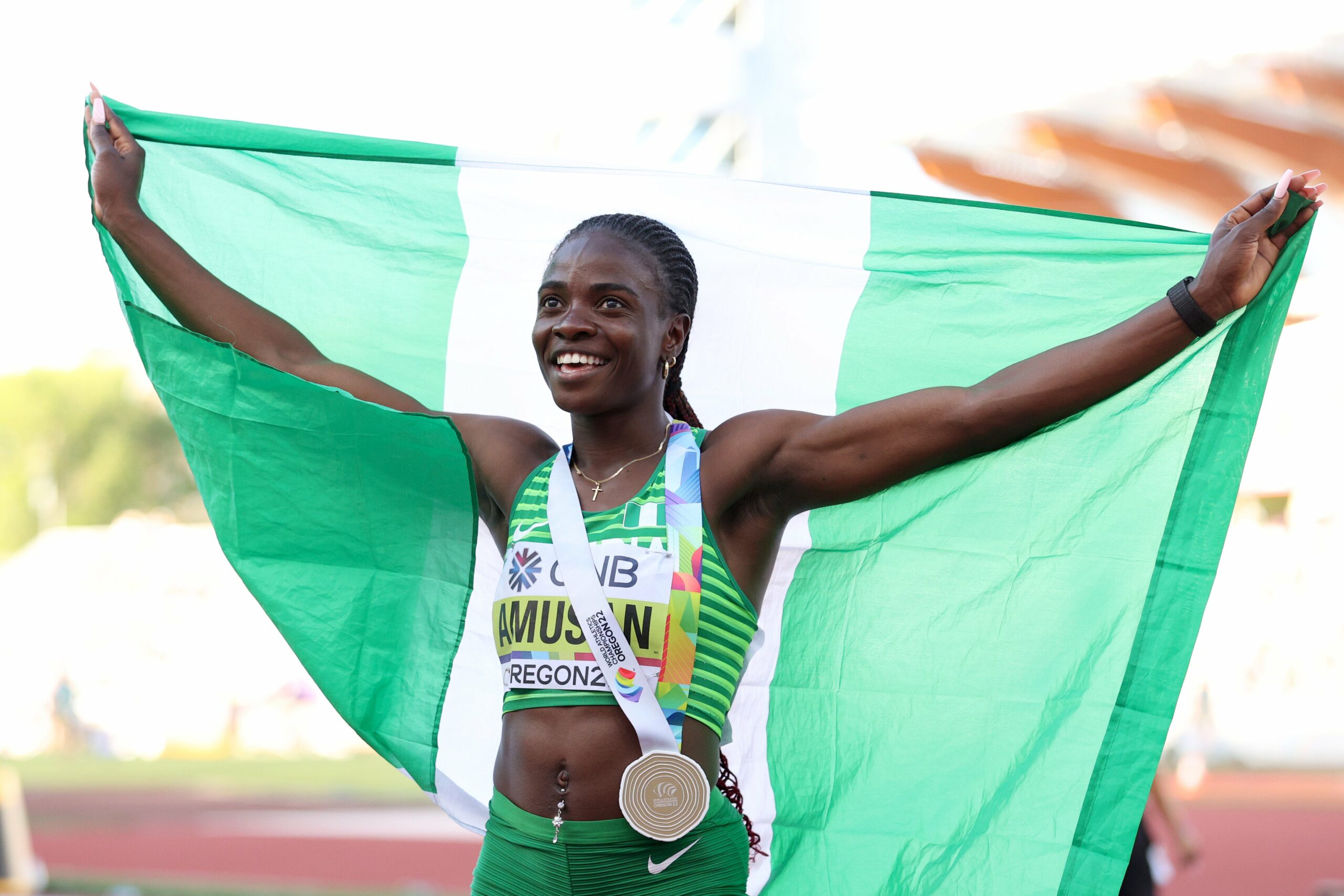Nigeria has long been a country where sports arenas and fandom are male-dominated. Stereotypes and cultural barriers have traditionally sidelined female sports, keeping them in the shadows. However, recent African and Olympic Games have showcased a new wave of young Nigerian women athletes breaking boundaries and stepping into the limelight.
Icons like sprinter Blessing Okagbare, footballer Asisat Oshoala, and hurdler Tobi Amusan are not just names on scoreboards; they are pioneers and proud representatives of Nigeria. For young Nigerian girls who aspire to excel in sports, these women are powerful symbols of what’s possible.
In the past decade, women’s participation in sports in Nigeria has grown notably, thanks to grassroots programs, state initiatives, and local leagues that now welcome teenage girls onto fields and tracks once reserved for boys. These programs are more than training grounds—they are sanctuaries where young girls can develop self-discipline and confidence.
Yet, despite recent gains and global recognition, women’s sports in Nigeria remain hampered by significant challenges, including inadequate funding, cultural barriers, and limited media coverage. These issues mirror broader social challenges faced by Nigerian women across different fields.
Funding remains a major obstacle. In 2023, Nigeria’s Ministry of Youth and Sports Development allocated around 65 percent of its budget to sports that are predominantly male. Female athletes often struggle to access basic training resources, from gear to facilities, and corporate sponsorships tend to favor male athletes, especially in men’s football and other popular leagues.
For instance, while Nigerian men’s soccer teams receive substantial financial support, the women’s team, the Super Falcons, has frequently reported issues with unpaid wages and a lack of sponsorship. These disparities are stark, with women players often training in substandard conditions and facing frequent disruptions to their match schedules. Such challenges, when brought to public attention, have spurred demands for greater gender equity in sports funding.
Cultural attitudes also hinder progress, particularly in Northern Nigeria, where rigid gender roles often prevent girls from participating in sports. Many parents in rural areas worry that sports might interfere with their daughters’ domestic responsibilities or future marital prospects, discouraging them from athletic pursuits.
Media coverage in Nigeria also skews heavily toward male sports, giving them significantly more airtime. Televised sports events overwhelmingly feature men, leaving female athletes underrepresented. This lack of visibility limits opportunities for women to build fan followings or attract sponsors, perpetuating a cycle of marginalization. Organizations like Ladies in Sports International are actively campaigning for equal media coverage, particularly on social media platforms, where younger audiences are more likely to notice and support female athletes.
Beyond funding and visibility, women in sports face logistical barriers, including inadequate access to training facilities, especially in remote areas where resources are scarce. Many female athletes are left with shared or substandard facilities, and concerns over safety and harassment at training sites further complicate access.
Despite these obstacles, women’s participation in sports continues to grow. Changing attitudes toward women in sports and the power of social media have helped spotlight Nigerian sportswomen. The Nigerian Olympic Committee has recently launched initiatives to promote female athletes, and local tournaments are now held in various communities. Athletes like Tobi Amusan are securing brand ambassador roles, and corporate sponsors are beginning to recognize the potential in supporting women’s sports.
Social media is also gradually shifting the media landscape, with influencers and everyday users advocating for greater representation of female athletes. Platforms like Instagram and TikTok provide new opportunities to highlight Nigerian sportswomen through reels and posts, demonstrating that social media can be a powerful equalizer for women in sports and beyond.
However, the most immediate and impactful solution remains increased funding. As Ngozi Okonjo-Iweala, Nigeria’s former finance minister, famously quipped, “Investing in women is smart economics, and investing in girls is even smarter economics.”
Nigeria's sports scene has been historically male-dominated, with stereotypes sidelining female athletes. Recent times, however, have seen young Nigerian women like Blessing Okagbare, Asisat Oshoala, and Tobi Amusan rise to prominence, offering powerful role models for aspiring female athletes. Women's sports participation has increased due to grassroots programs and state initiatives, though challenges such as limited funding, cultural barriers, and inadequate media coverage persist, reflecting broader societal issues.
Funding is a significant hurdle, as the Nigerian Ministry of Youth and Sports Development allocates most of its budget to male sports, leaving female athletes struggling with inadequate resources and sponsorships. The Super Falcons, Nigeria's women's soccer team, often face financial disparities compared to their male counterparts. Cultural attitudes, especially in Northern Nigeria, further restrict girls' participation in sports due to traditional gender roles and parental concerns.
Media coverage favors male sports, contributing to the marginalization of female athletes by limiting their visibility and sponsorship opportunities. Organizations and social media are advocating for equal media representation, helping to gradually shift perceptions. Despite logistical barriers like poor facilities and concerns about safety, women's participation in sports continues to grow, aided by changing societal views and social media platforms highlighting female athletes' achievements.
To advance gender equity in sports, increased funding is crucial. Initiatives by the Nigerian Olympic Committee and growing corporate interest in female athletes indicate progress. Investing in women and girls not only fosters gender equity in sports but is also economically beneficial, as emphasized by former finance minister Ngozi Okonjo-Iweala.






